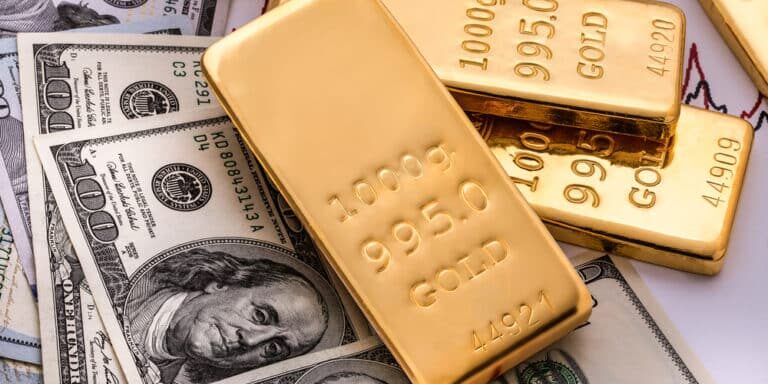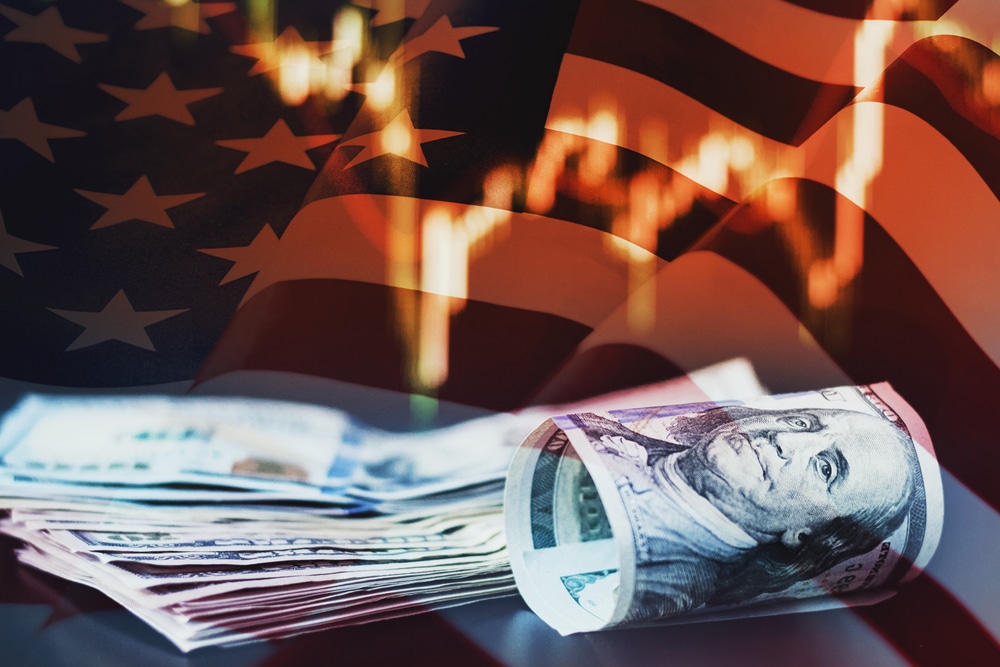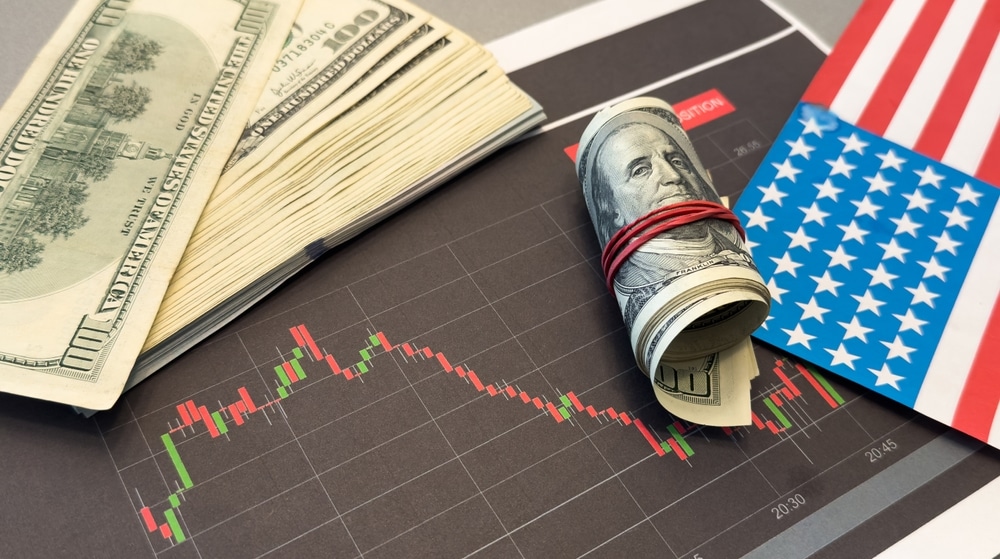
The Role of Gold in De-Dollarization: A Safe Haven or a Relic
Gold has always been a symbol of wealth and stability, but its role in today's financial landscape is under renewed scrutiny.
As countries like China and Russia push for de-dollarization—reducing their reliance on the US dollar—gold's significance is being re-evaluated.
Is it merely a relic of the past, or a crucial hedge against a dollar-dominated world?
Historical Context: Gold in International Finance
Gold’s role in finance has deep historical roots. For centuries, it was the foundation of international monetary systems.
The Gold Standard, which emerged in the 19th century, pegged currencies to gold, ensuring economic stability. This system collapsed in the early 20th century due to World War I and the Great Depression.
In 1944, the Bretton Woods Agreement reasserted gold’s importance by tying the US dollar to gold. However, the US abandoned the gold standard in 1971, transitioning to fiat currencies—money not backed by physical commodities. Despite this shift, gold's allure has persisted.
Gold as a Hedge Against the Dollar
With de-dollarization gaining momentum, gold is back in the spotlight. Countries like China and Russia are boosting their gold reserves to cut their dependence on the US dollar.
So, why is gold still favored?
- Intrinsic Value and Stability: Unlike fiat currencies, gold has intrinsic value. Its limited supply and historical acceptance as money provides security and stability, especially during economic or geopolitical turmoil.
- Diversification: Holding gold diversifies a country’s reserves, reducing the risks of holding a single currency. This is crucial for countries wary of the US dollar's dominance.
- Inflation Hedge: Gold is seen as a hedge against inflation. While fiat currencies can suffer from inflation due to overproduction, gold's value tends to rise, preserving wealth over time.
Current Trends in De-Dollarization
The push for de-dollarization is accelerating, with several countries taking steps to limit their reliance on the US dollar:
- China: Actively increasing gold reserves to reduce dollar dependence, China is now one of the largest gold holders in the world.
- Russia: Responding to sanctions and geopolitical tensions, Russia has cut its dollar holdings and boosted gold reserves. The Russian Central Bank has been a major buyer of gold, signaling a strategic shift.
- BRICS Nations: The BRICS group (Brazil, Russia, India, China, South Africa) is discussing a new reserve currency, potentially backed by commodities including gold, to challenge the dollar's dominance.
Future Role of Gold in a De-Dollarized World
As the global financial system evolves, gold's role is set to transform it. Potential scenarios for gold in a de-dollarized world include:
- Enhanced Reserve Asset: Gold could strengthen its position as a key reserve asset, complementing a more diversified portfolio of currencies and commodities. Central banks might continue accumulating gold to safeguard against currency volatility and economic instability.
- Transactional Medium: While unlikely to replace fiat currencies for everyday transactions, gold could see increased use in international trade settlements, especially between countries seeking to bypass the US dollar.
- Strategic Asset: With rising geopolitical tensions, gold may become a strategic asset for countries looking to assert economic sovereignty. Accumulating gold reserves can provide leverage in international negotiations and act as a buffer against economic sanctions.
Conclusion: Safe Haven or Relic?
Gold’s allure is all about stability, intrinsic value, and its rich history. In the de-dollarization game, gold stands out as a safe haven, giving countries a stable alternative to the ups and downs of fiat currencies.
Sure, some might call it a relic, but its timeless appeal and strategic role in de-dollarization highlight why it still matters. As countries deal with an increasingly complex and multipolar financial world, gold’s mix of being a safe bet and a historical icon might just be its biggest strength.











